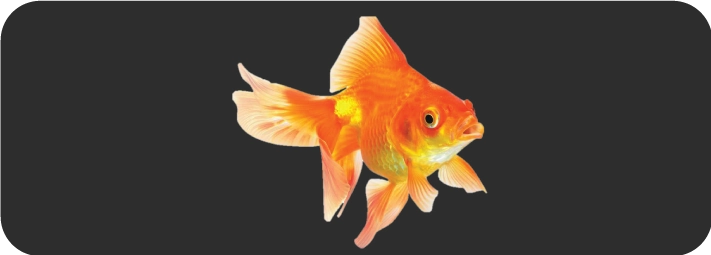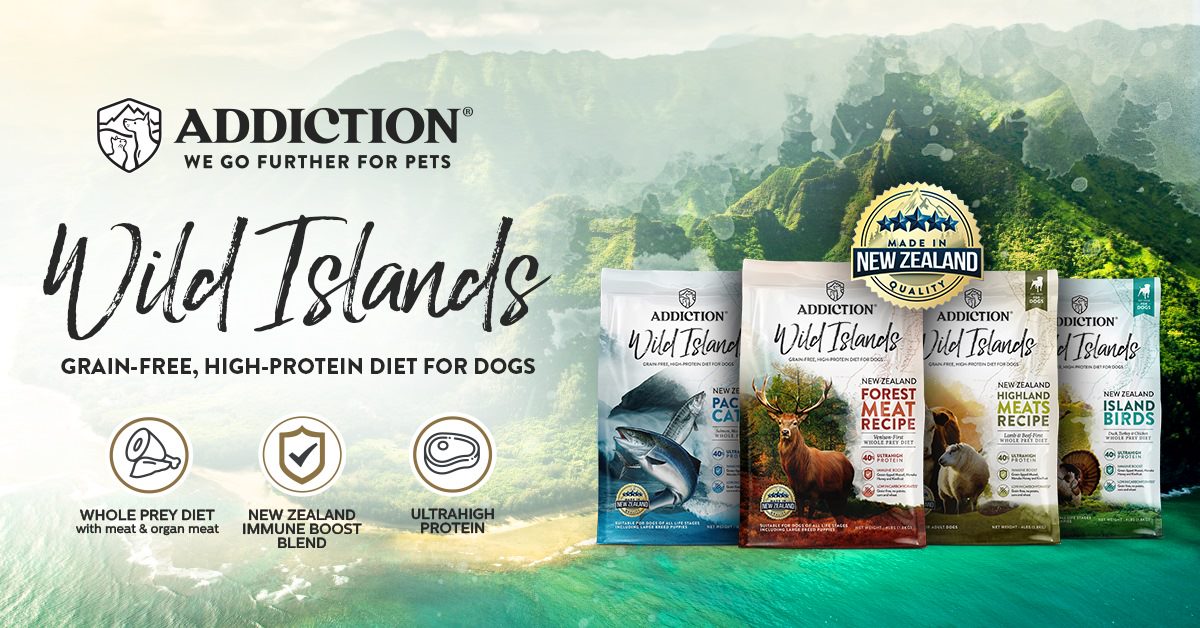How Much Food Should You Feed Your Dog?

Diet is one of the important cornerstones of a dog’s health and well-being. It’s more than just knowing what you are feeding your pet; it should also include how much you’re feeding him. The question “how much should I feed my dog?” is a common concern of many pet owners. However, there is no single answer to the question. Several factors need to be taken into consideration including a dog’s calorie requirement, health status, lifestyle, age, breed, etc.
Obesity in dogs
Did you know that more than 50% of the dog population in the United States are classified as overweight or obese? Unfortunately, these dogs have a higher risk of developing serious health issues.
While overfeeding and not getting enough physical activity is an important factor in the weight issues of dogs, there are other factors that can pave the way for the problem.
Placing pet food in your pet’s bowl and letting him sweep the bowl clean until he’s full is not the right way to determine the right amount of pet food for your dog. Many dogs tend to eat everything that’s in their bowls. It’s up to the dog owner to figure out what’s the healthy amount with the help of a veterinarian or pet nutritionist.
How can you determine how much pet food to feed your dog?
Talk to your veterinarian
A visit to your veterinarian is a big step towards taking a proactive approach to his diet and nutrition. A wellness check is an excellent opportunity to have your dog’s weight assessed and for your pet to undergo a thorough physical exam. Expect to be asked about the type and amount of pet food that you are currently giving to your dog, your pet’s activity level, extra sources of calories such as treats, table scraps, and human food, etc.
Once your vet can determine how many calories your dog needs, your pet’s feeding schedule can be made. Adult dogs are usually given two meals a day, but feeding once a day is also okay, whatever is convenient for the pet owner. But puppies, with their small stomachs and short digestive tracts, will need to eat at least three times a day or more depending on their age and size.
Treats
Treats are important sources of calories, a fact that many pet owners often forget. Pet nutritionists have always been reminding pet owners that calories from treats should never exceed 10% of a dog’s daily caloric intake. Also, nutrients from treats are not balanced and complete, which means, they should never be used as a substitute for pet food.
Check the Pet food label
Learning how to interpret the information on pet food labels can help you better understand your pet’s dietary needs and whether or not a particular type of pet food is enough to supply these needs on a daily basis. Also, you should make a habit of reading pet food labels and deciphering important information about the product.
Feeding Based On Your Pet’s Age
Puppies (8-16 weeks old)
Puppies are usually brought to their forever homes when they’re about 8 weeks old. Abrupt changes in their diet should be avoided to prevent a stomach upset. It’s a good idea to ask the breeder what they have been feeding their puppies so you can continue giving it during the first few weeks. If you wish to introduce a new diet, do so gradually over several weeks until your pet’s ration is fully composed of the new diet. The nutritional demands of puppies are high and they can go hungry when there is a long interval between meals. A puppy’s daily ration should be divided into several small meals and given throughout the day.
Older puppies (16 weeks- 12 months old)
At this age, puppies are still fed a high-protein diet to meet their body’s needs for growth and development. However, always keep a close eye on your pet’s food intake, make sure you are not overfeeding or underfeeding your pet. Since permanent teething usually occurs during this time, you can give your pup a big raw meaty bone to chew on so he won’t chew your shoes or furniture. Closely supervise your puppy while he is chewing the bone.
Adult dogs
For small- or medium-sized breeds of dogs, they are generally considered as adults when they are around 12 months of age. On the other hand, larger dog breeds take a little longer to mature, becoming adults at 18-24 months old.
Adult dogs can be fed once or twice a day, whichever is convenient. Look for high-quality pet food that is formulated for their life stage and health status. Before switching your pet’s food to an adult diet, it is recommended to get in touch with your veterinarian to make sure that it’s the right time to make the switch. And don’t forget to observe a transition period to avoid digestive upsets.
Senior dogs
As senior dogs start to slow down and deal with age-related issues, they will need fewer calories compared to adults and puppies. Their health issues can also affect their type of diet. They will benefit from more fiber to promote digestive tract health and function. You should work closely with your veterinarian about the best way to meet your senior pet’s nutritional needs.
Frequently Asked Questions (FAQs)
Is it okay to feed your dog once a day?
Puppies generally thrive with 4-5 small meals given throughout the day as they burn energy quicker than their adult counterparts. At 4 months old, they can do well with 3 meals a day until they are 6 months of age. Older puppies and adult dogs can be fed 1-2 times a day. We recommend going with twice a day!
How much homemade dog food should I feed my dog?
This can be quite tricky. If you decide to switch your pet’s diet from commercial pet food to homemade dog food, be sure to consult your veterinarian or a pet nutritionist to make sure that you are giving a complete and balanced diet that is appropriate for your pet’s life stage.
Should I leave food out for my dog all day?
Leaving food out is one of the important causes of pets becoming overweight or obese. Encouraging “grazing” by constantly re-filling your pet’s food bowl is not recommended because you can’t keep track of how much calories your pet has consumed.
What is the healthiest food to feed your dog?
The healthiest food for your dog is premium-quality pet food that is specifically formulated for your pet’s life stage, activity level, or health status.







